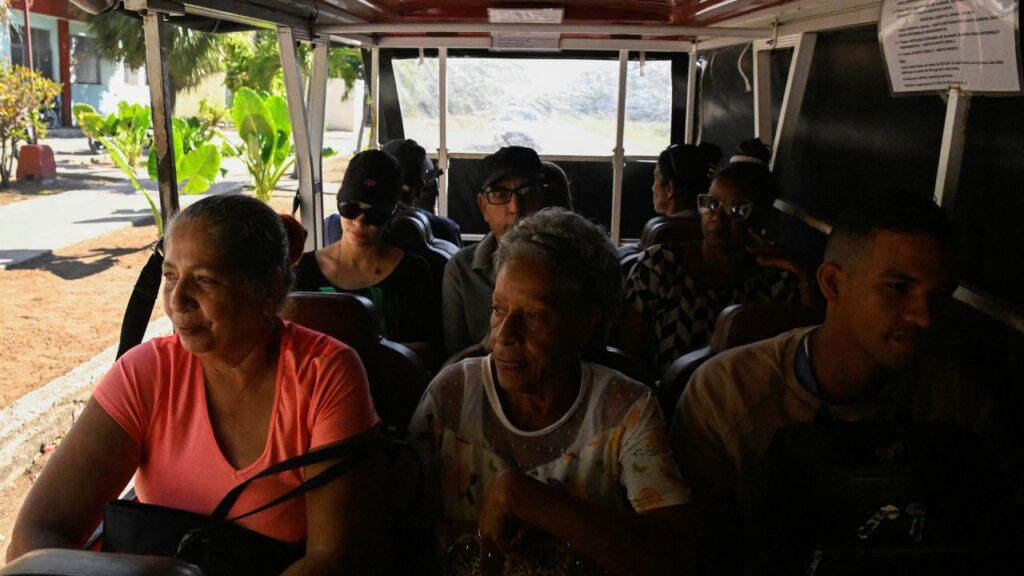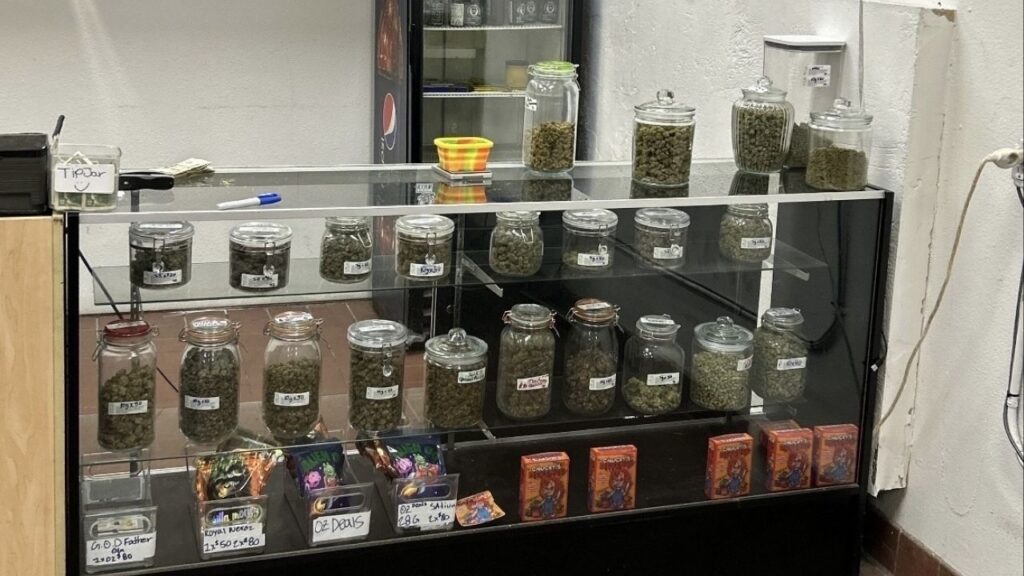Gov. Newsom's proposal to reinstate Medi-Cal asset limits sparks concern among elderly and disabled Californians who rely on the program. (CalMatters/Alisha Jucevic)

- Gov. Newsom proposes reinstating $2,000 asset limit for Medi-Cal eligibility, impacting elderly and disabled Californians.
- Health advocates argue the asset limit is unrealistic in California and unfairly targets vulnerable populations.
- Critics warn the proposal could lead to increased homelessness and more expensive nursing home care for seniors.
Share
This story was originally published by CalMatters. Sign up for their newsletters.
Cynde Soto, a quadriplegic who requires around-the-clock care, has been on Medi-Cal for most of her life. Recently, she came into a modest inheritance, about $8,000, that has helped cover her daily expenses. But it also means that she would lose her state health insurance under a proposal from Gov. Gavin Newsom.
Newsom has proposed restoring a $2,000 limit on an individual’s assets — including savings accounts and property other than a home and a car — and $3,000 for couples to qualify for Medi-Cal. Anyone 65 and older or disabled who exceeds that limit would be ineligible. Newsom also is proposing a cap on how much home care Medi-Cal enrollees like Soto could receive.
In unveiling the proposal, Newsom said that California has a “spending problem” and needs to make “difficult choices” to address the state’s $12 billion deficit, which he attributed in part to growing Medi-Cal costs. His proposal would save the state $94 million this budget year and more than $500 million the next year, according to the governor’s budget document.
But health advocates say that it’s almost impossible for someone to live with just $2,000 in assets in California. Rent often exceeds that amount, and medical expenses not covered by insurance quickly add up.
Advocates say Newsom’s proposal unfairly targets people with disabilities and the elderly — those who are most likely to need full-time care and have fixed incomes.
“It’s draconian — $2,000 is no safety net for people,” said Kim Selfon, an attorney with Bet Tzedek, a legal services organization in Los Angeles.

For Soto, a Medi-Cal limit on assets would mean she would either lose the caretakers who help her bathe and eat or have to spend all of the money except for $2,000. With the inheritance, Soto said she can afford repairs to her Long Beach condo and buy medical supplies that Medi-Cal doesn’t cover, such as bandages or nutritional drinks to supplement her diet.
“It’s not cheap being disabled,” Soto said. “I’m really scared. I cannot live without my help.”
When Asset Limits Were Lifted, Medi-Cal Enrollment Surged
Some lawmakers and disability advocates have argued against the asset limit for years. They say it forces people into poverty and hasn’t kept up with rising inflation and cost of living.
Newsom agreed to raise the limit to $130,000 per person in 2022. Then in 2024, the limit was erased completely. Now Newsom wants to bring back the original limit of $2,000, an amount that was set in 1989.
This would reinstate complex rules about wealth and property that kept thousands of seniors and disabled people from qualifying for Medi-Cal. Under those rules, an individual’s first home and car are exempt, but other properties count toward the $2,000 limit. The balance of a 401k or retirement account are exempt, although payouts are considered income. Life insurance, cash on hand and savings accounts also count towards the limit. Even certain types of funeral plots count.
The test would apply only to people 65 and older as well as those with disabilities, which creates a financial cliff for those about to turn 65. Medicare, which many seniors use for health insurance, does not cover long-term care and requires some co-pays, so many people use Medi-Cal to supplement their Medicare benefits.
Making It ‘More Expensive to Age in California’
Al Sanderson, one of Selfon’s clients, says that’s exactly what would happen to him. The Redondo Beach resident broke his neck three years ago in a surfing accident that left him paralyzed.
Sanderson said his monthly rent costs more than the asset limit. He has significant savings as a former high school physical education teacher and baseball coach that he uses to pay for utilities, transportation and things that his kids need now that he no longer works.
If he got kicked off of Medi-Cal and lost his caretakers, Sanderson said he would lose his independence.
“How am I going to pay people to come help me? How am I supposed to survive and live? I’d have to go to a nursing home,” Sanderson said.
Without full-time home care, both Sanderson and Soto would most likely end up in nursing homes, a more expensive option that is covered by Medi-Cal. The state pays on average more than $114,000 per person each year for nursing home care, according to Justice in Aging, which pushed for the elimination of the asset test. In contrast, the average annual cost of in-home care is less than a quarter of that, $25,400 a year.
Kevin Prindiville, executive director of Justice in Aging, said Newsom’s proposal would “make it more expensive to age in California.”
California’s elimination of the asset test came under fire this month from congressional Republicans, who claimed that it allows the “wealthiest Californians” to get free health care. But lawyers with legal aid organizations that help people enroll in Medi-Cal say that’s not happening.
Regardless of their assets, Medi-Cal enrollees still need to meet income limits, which are currently 138% of the federal poverty level, or about $1,800 per month, said Linda Nguy, a lobbyist with the Western Center on Law and Poverty.
“Our clients are not millionaires,” Nguy said. “We’re talking about people with very low incomes who aren’t able to access the health care services that they need.”
Supported by the California Health Care Foundation (CHCF), which works to ensure that people have access to the care they need, when they need it, at a price they can afford. Visit www.chcf.org to learn more.
RELATED TOPICS:
Categories

Hey Ilia, America Is Still Proud of You.



















